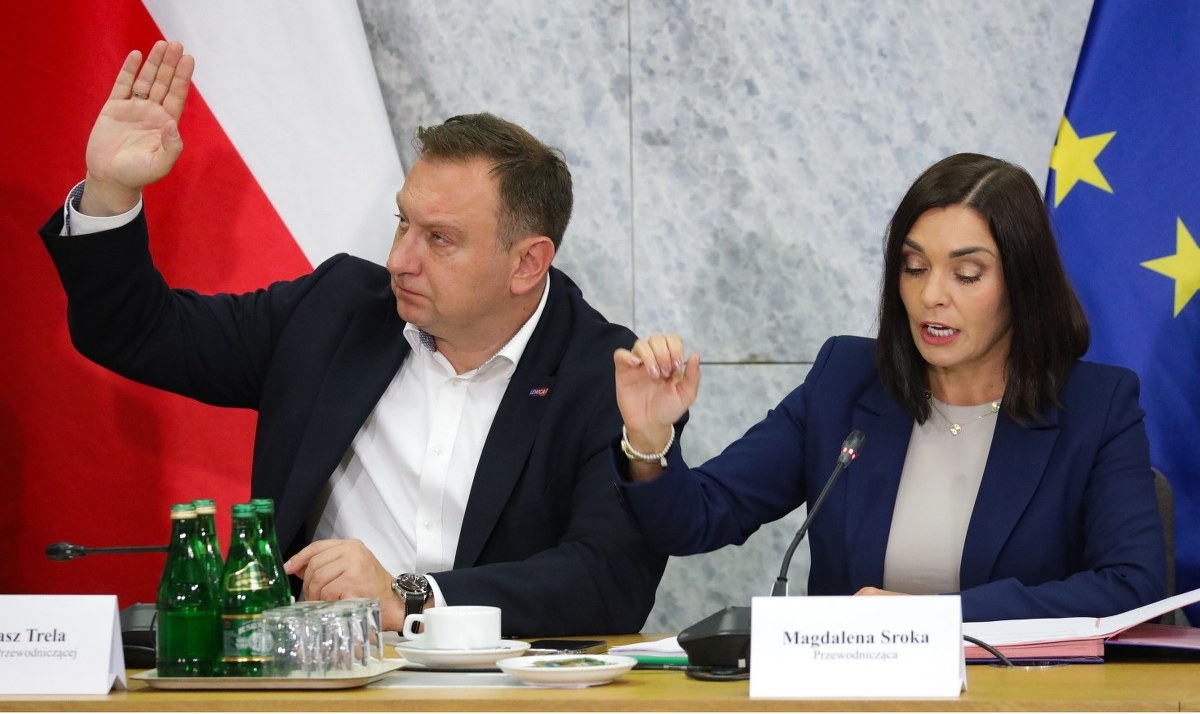The granddaughter of murder victim Louisa Dunne has told a court how her grandmother's death at the hands of Ryland Headley cast a shadow over her family for decades. Mary Dainton delivered an emotional victim impact statement at Bristol Crown Court, describing the lasting trauma that followed the brutal crime.
"The death of my grandmother had a far-reaching effect throughout my family," Dainton told the court. She revealed she was just 20 years old when her grandmother died and is now almost the same age as Louisa was when she was killed.
Emotional struggle decades later
Dainton explained how being confronted with Headley's charges for rape and murder had affected her in unexpected ways. "Since Ryland Headley was charged with her rape and murder, I have struggled emotionally in ways I didn't anticipate, but I feel it falls to me to speak for the people who are no longer here," she said.
The granddaughter admitted she barely knew Louisa due to family circumstances, though she recalled staying with her as a very young child and visiting her in hospital aged 14. Her mother had told her that Louisa's house in Britannia Road was a hub of social and political activity, as her grandparents were active members of the early Labour Party.
Family never recovered
The court heard how Louisa's life changed dramatically after her first husband Edwin Parker died in 1945, taking with him the social and political elements of her existence. She later married Mr Dunne, who also predeceased her, leaving her widowed twice.
Dainton described the devastating impact on her immediate family, particularly her mother and aunt. "I don't think my mother ever recovered from it," she told the court, explaining how the anxiety from her mother's brutal rape and murder clouded the rest of her life.
Social stigma and isolation
The unsolved nature of the crime compounded the family's suffering, with Dainton revealing her mother became and remained very ill because the offender wasn't caught. She highlighted how different attitudes were in that era, noting there were no counsellors for working-class people and her mother's generation dealt with tragedy differently.
The family also faced social isolation as people withdrew from them after learning about the murder. "In my experience there is a stigma attached to rape and murder, so I have rarely talked to anyone about this until now," Dainton said.
Current impact on family
Dainton described how repressed emotions had now come to the surface, turning her life upside down and affecting her relationships with those close to her. She expressed sadness at having to deal with such emotional significance at this stage of her life.
The granddaughter credited counselling with helping her cope and giving her the resilience to attend court every day. She concluded with deep sadness that all the people who knew and loved Louisa were not present to see justice being done.
(PA) Note: This article has been edited with the help of Artificial Intelligence.










